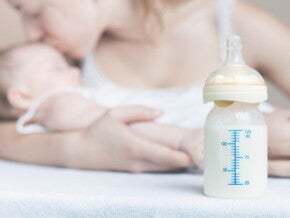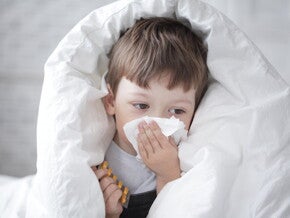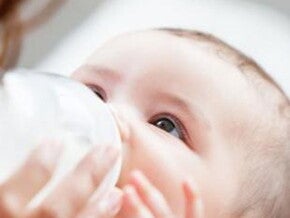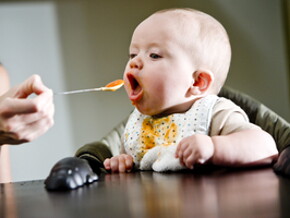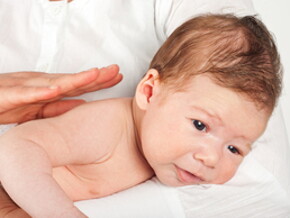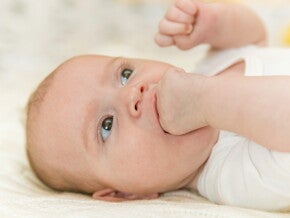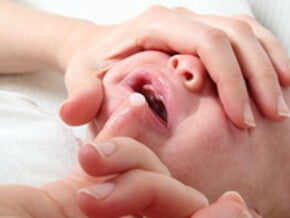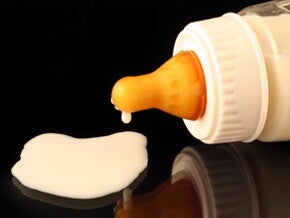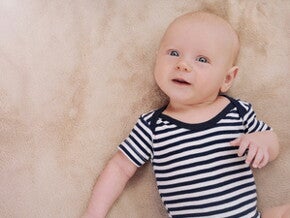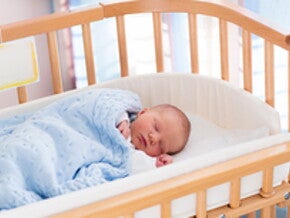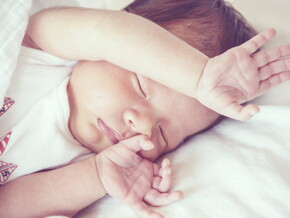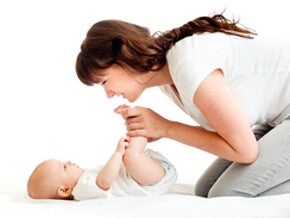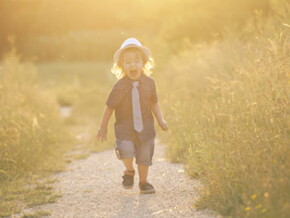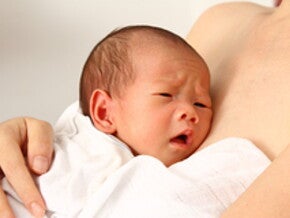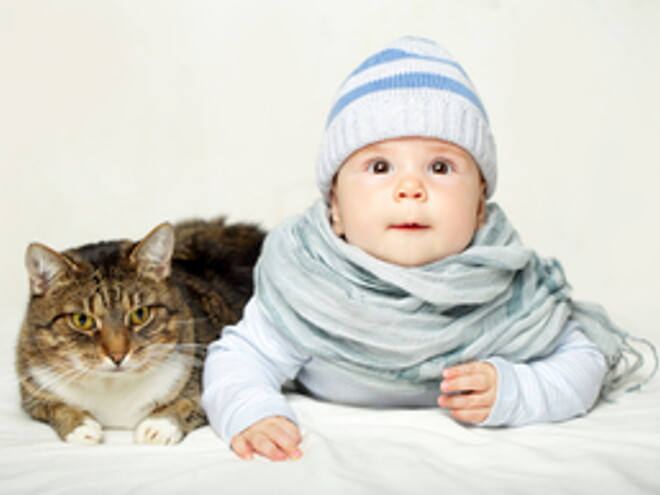
Allergy Infant Prevention
Reduce Your Child Allergy Risks!
According to Pediatricians and Allergy physicians around the world, allergy doesn’t distinguish between adults and children. In other words, newborns and infants may develop allergy symptoms similar to those reactions grown-ups have.
Generally speaking, childhood allergy is an immune overreaction against substances in the environment or in the food (especially if baby is not nursing or he’s in the weaning phase i.e. he’s between 4 and 6 months old), causing symptoms that can vary according to the organ or system affected.
For example, airborne substance allergy attacks baby’s respiratory system and causes nose congestion and breathing difficulty. As for food allergy, it attacks baby’s gastro-intestinal system, causing him nausea, diarrhea and swollen lips, while other types of allergy may affect baby’s skin with rash or acute redness.
To be able to recognize if your child has allergy, you have to observe him closely and get to know every substance possibly causing him allergic reactions that tend to be repetitive.
Thereafter, you have to report your observations and fears to the pediatrician who will ask about your family medical history, before transferring your baby to an allergy specialist who will do him the necessary tests, i.e. the blood tests and the skin test during which your baby will be injected by small quantities of potential allergens to see if he develops a reaction to any of them, and this reaction often ranges between redness and rash.
If the doctor confirms your baby has allergy, we advise you to exclusively breastfeed him for no less than 6 months, then move towards breastfeeding with complementary food until he’s two years old or more, to reduce his early exposure to allergenic foods, taking into consideration the following tips and instructions:
- Install an air purification system in your baby’s room.
- Prohibit smoking in your house.
- Avoid decorating your baby’s room with puppets and stuffed animals, as they strongly attack dust and dirt.
- Use a protective cover to protect your baby’s mattress from dust and make sure to wash his sheets and blankets with hot water at least once a week.
- Clean your house regularly to reduce dust, dirt and mold build up in the corners.
- Avoid covering your floor with carpets, especially in baby’s room.
- If your baby has allergy against animal fur, think about getting rid of the pet living in your house or try your best to wash him every day and keep him away from your child’s room and things.
Whereas the physician is the most reliable and knowledgeable reference in allergy conditions, do not hesitate to consult with him and ask him about strategies you can follow in order to treat or prevent allergy in your baby.
Read More: Allergic March In Children



